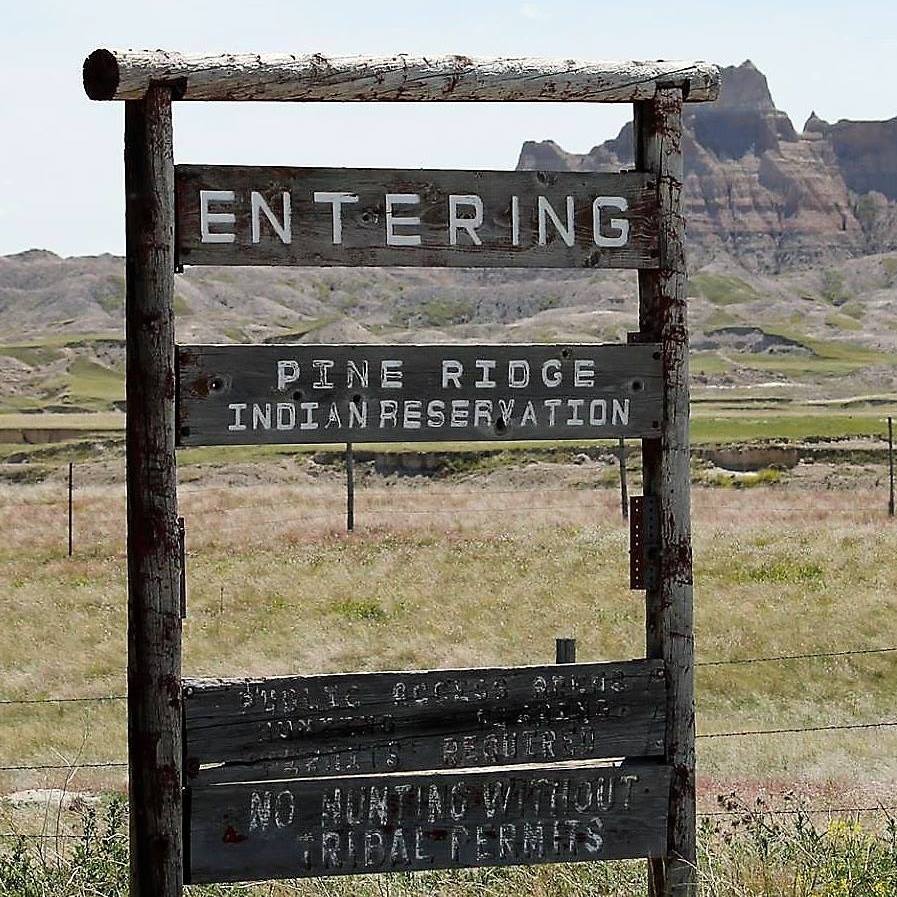
In an interview with the Associated Press on Friday, Oglala Sioux President Frank Star Comes Out said that conditions on the reservation have worsened since the ruling.
He added that the negotiations between the federal government and the reservation regarding funding law enforcement have not moved forward.
“I feel they’re stalling,” Star Comes Out told the AP.
With a population of more than 40,000, Pine Ridge Indian Reservation is the 8th-largest reservation and one of the poorest in the nation. The Department of Interior’s (DOI) Office of Justice Services (OJS) provides Pine Ridge with 33 federally funded officers and eight federally funded criminal investigators to respond to major crimes on the 5,400-square-mile reservation.
According to the Tribe’s original complaint, filed on July 26, 2022, 911 emergency calls on the Pine Ridge Indian Reservation in 2021 included:
- 794 calls involving an assault
- 1,463 domestic violence calls
- 522-gun related calls
- 541 drug/narcotic calls
- 541 reporting missing persons
The Tribe argued that funding can only provide six to eight federal law enforcement officers per shift. According to the DOI, “basic” law enforcement needs 2.8 officers per 1,000 people. If this standard were to be applied to the Pine Ridge Indian Reservation service area, the reservation would be approximately 112 federal law enforcement officers.
Star Comes Out told the AP that police response times on the reservation take hours, if they respond at all.
“With five police officers, it’s just impossible,” he said. “Our officers are overworked, underpaid. They’re outmanned. And it’s dangerous for them to respond to calls by themselves.”
In May, U.S. District Judge Roberto Lange ordered the United States to meet with the Tribe to amend the law enforcement contracts to reflect “what amount is necessary to satisfy the United States’ treaty-based duty to the Tribe concerning protection and law enforcement support and cooperation.”
Following the May decision, Star Comes Out stated, “We are hopeful the United States abides by the Court’s direction immediately and provides the Tribe with the resources needed to address the ongoing humanitarian crisis on the Pine Ridge Reservation as soon as possible.”
More Stories Like This
Native News Weekly (August 25, 2024): D.C. BriefsNavajo Nation Mourns the Passing of Former Vice President Rex Lee Jim
Deb Haaland Earns Endorsement From Communications Workers of America Local 7076
University Soccer Standout Leads by Example
Two Native Americans Named to Democratic Congressional Campaign Committee's“Red to Blue” Program
Help us defend tribal sovereignty.
At Native News Online, our mission is rooted in telling the stories that strengthen sovereignty and uplift Indigenous voices — not just at year’s end, but every single day.
Because of your generosity last year, we were able to keep our reporters on the ground in tribal communities, at national gatherings and in the halls of Congress — covering the issues that matter most to Indian Country: sovereignty, culture, education, health and economic opportunity.
That support sustained us through a tough year in 2025. Now, as we look to the year ahead, we need your help right now to ensure warrior journalism remains strong — reporting that defends tribal sovereignty, amplifies Native truth, and holds power accountable.
 The stakes couldn't be higher. Your support keeps Native voices heard, Native stories told and Native sovereignty defended.
The stakes couldn't be higher. Your support keeps Native voices heard, Native stories told and Native sovereignty defended.
Stand with Warrior Journalism today.
Levi Rickert (Potawatomi), Editor & Publisher


